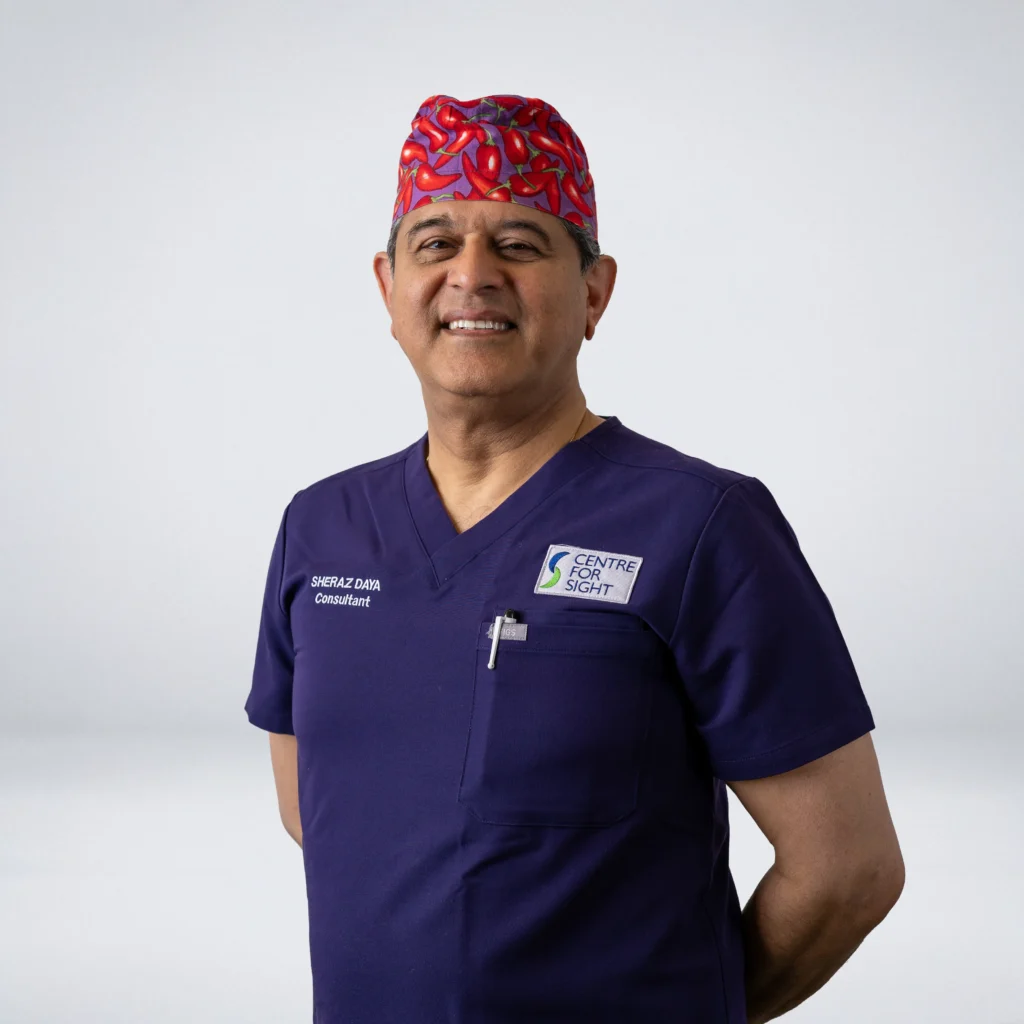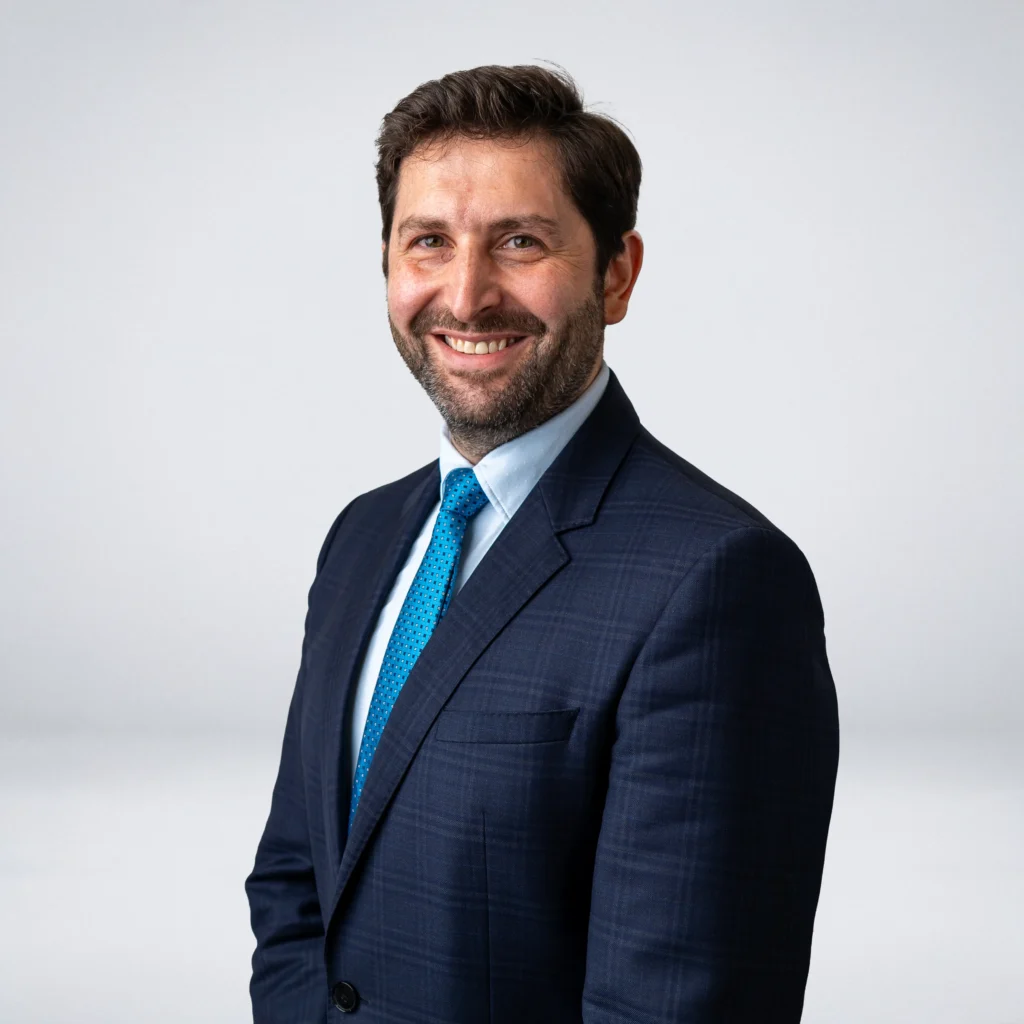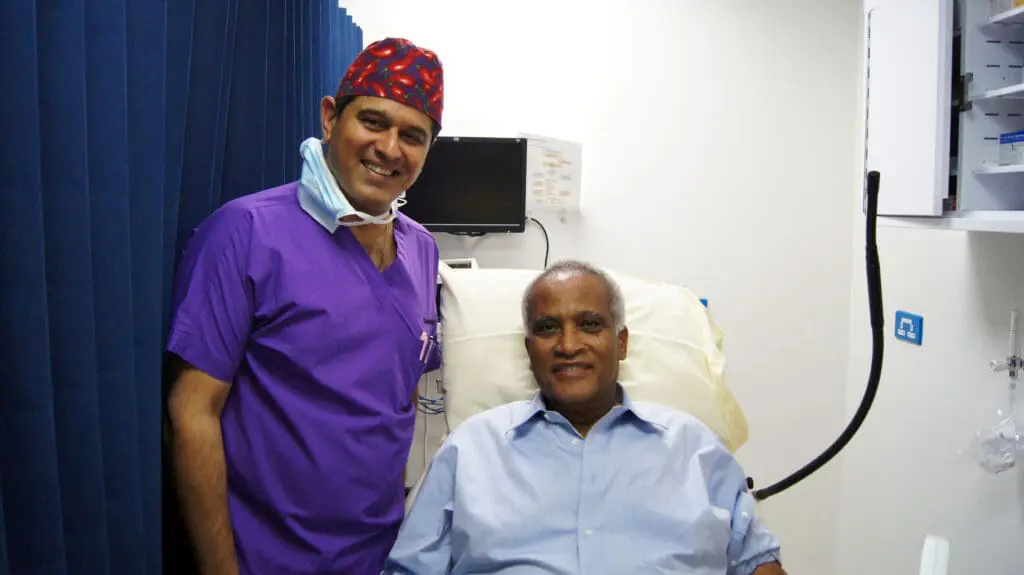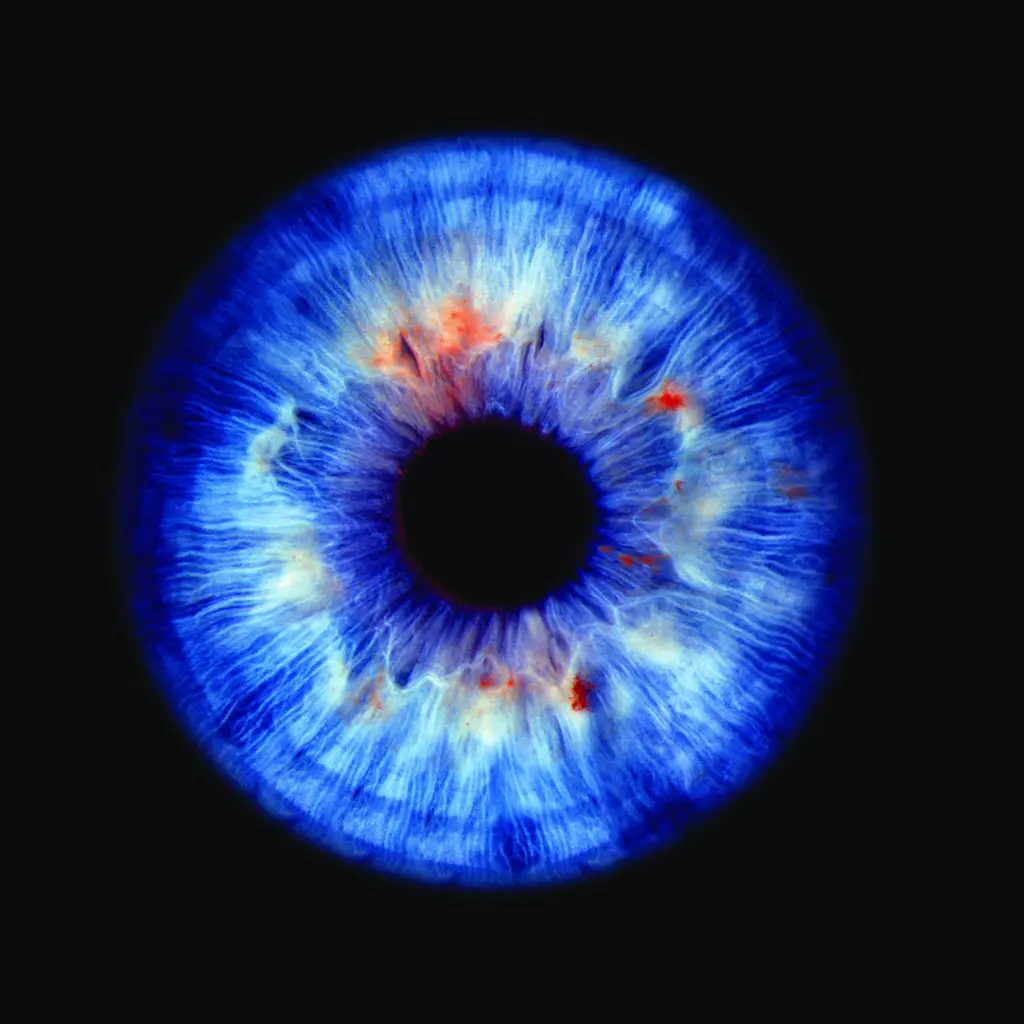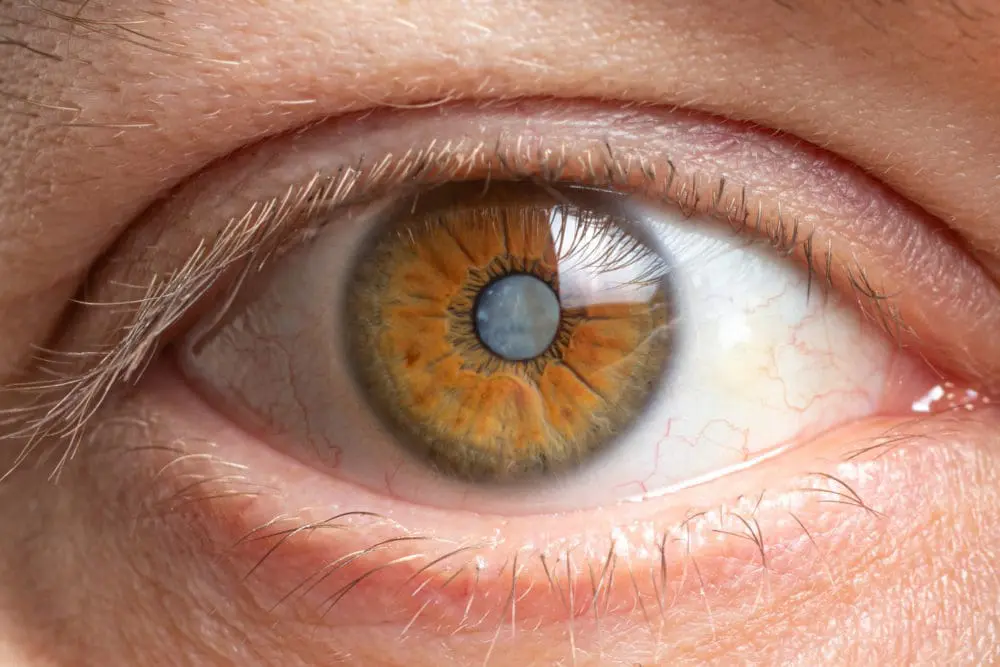What is Laser Cataract Surgery?
Cataract surgery removes the eye’s cloudy natural lens and replaces it with a clear artificial intraocular lens (IOL), restoring sharp, bright vision. Laser-assisted cataract surgery uses advanced femtosecond laser technology to perform key steps of the procedure — including creating the lens opening (capsulotomy), fragmenting the cataract, and correcting astigmatism — with exceptional precision and safety.
At Centre for Sight, this technology helps deliver more consistent outcomes, faster healing, and the option of premium lenses designed to reduce dependence on glasses.
Types of Cataract:
Cataracts develop when the natural lens of the eye becomes cloudy, but not all cataracts are the same.
- Nuclear cataract: Develops in the centre of the lens and is the most common type, often causing gradual blurring and yellowing of vision.
- Cortical cataract: Forms around the edges of the lens and can cause glare and light sensitivity, especially at night.
- Posterior subcapsular cataract: Forms at the back of the lens, often leading to problems with reading and bright-light glare.
Laser cataract surgery can effectively treat all these types, helping restore clarity regardless of where the opacity develops.
Read More





